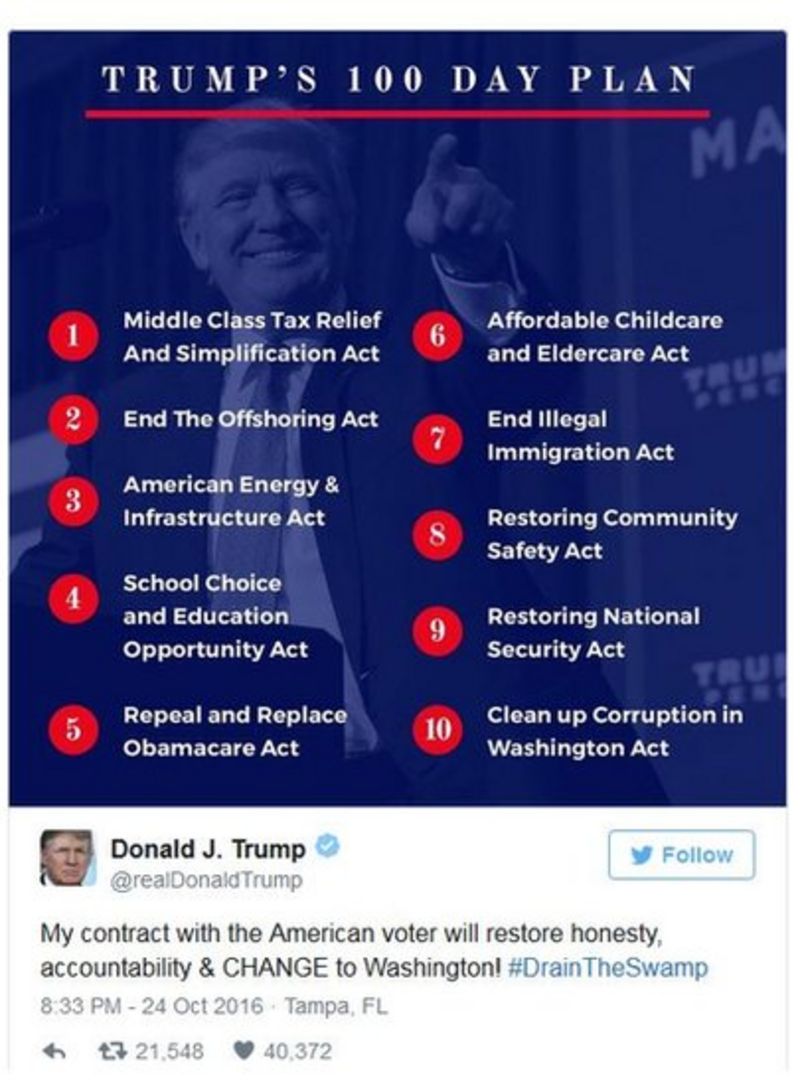Taxes have always been a contentious issue in the United States, with various proposals emerging over the years to reform the system. One of the most recent and controversial ideas comes from former President Donald Trump, who has suggested replacing income taxes with tariffs. This bold proposal has sparked widespread debate, with experts weighing in on its potential impact on the economy, businesses, and individual taxpayers. As discussions around tax reform continue, it's essential to examine the feasibility and implications of such a radical change.
Donald Trump's proposal to replace income taxes with tariffs represents a significant shift in fiscal policy. Proponents argue that this move could simplify the tax code, reduce administrative burdens, and potentially boost economic growth by encouraging domestic production. However, critics warn of severe consequences, including increased inflation, job losses, and a heavier tax burden on lower-income households. As the debate unfolds, understanding the intricacies of this proposal is crucial for assessing its viability and potential long-term effects.
Exploring the Feasibility of Replacing Income Taxes with Tariffs
The idea of replacing income taxes with tariffs may sound appealing at first glance, but upon closer examination, it reveals several challenges. Tariff rates would need to be set extremely high to generate enough revenue to compensate for the loss of income tax revenues. Given that tariffs are typically applied to a relatively small base of imported goods, achieving this balance would be nearly impossible without causing significant economic disruption. The limited scope of tariffable goods makes it unlikely that they could fully replace the substantial revenue generated by income taxes.
Moreover, implementing such a policy could lead to unintended consequences. High tariffs might provoke retaliatory measures from trading partners, resulting in trade wars that harm American businesses and consumers. Additionally, inflation could spike as the cost of imported goods rises, reducing purchasing power for many households. These factors underscore the complexity of relying solely on tariffs to fund government operations and highlight the importance of maintaining a diversified revenue stream.
In light of these challenges, economists caution against adopting a tariff-based tax system without thorough consideration of its broader implications. Policymakers must weigh the potential benefits against the risks involved and explore alternative approaches to tax reform that prioritize fairness, efficiency, and sustainability. By doing so, they can ensure that any changes made to the tax code align with the nation's economic goals and the well-being of its citizens.
Evaluating the Impact on Different Income Groups
Trump's proposal to eliminate income taxes for individuals earning under $150,000 raises important questions about how this shift would affect various income groups. While lower- and middle-income earners might initially benefit from reduced tax liabilities, they could ultimately bear the brunt of higher living costs due to increased tariffs. This regressive effect would disproportionately impact those with fewer financial resources, exacerbating existing inequalities within the tax system.
On the other hand, wealthier individuals and corporations might see their tax burdens decrease under this new arrangement. By shifting the focus away from income-based taxation, the proposal could result in less scrutiny of high-income earners' contributions to public coffers. Such an outcome would contradict efforts to promote progressive taxation and equitable wealth distribution, further complicating the quest for comprehensive tax reform.
To address these concerns, policymakers should consider designing a tax framework that balances the needs of all stakeholders while fostering economic stability and growth. This may involve incorporating elements of both traditional income taxes and innovative tariff structures, ensuring that everyone contributes fairly to the nation's fiscal health. Through careful planning and collaboration, it's possible to create a more inclusive and effective tax system that serves the interests of all Americans.
Assessing the Broader Implications for Tax Reform
Despite its flaws, Trump's proposal has reignited discussions around simplifying the tax code and reducing taxpayer burdens. Advocates argue that eliminating income taxes could streamline processes, minimize compliance costs, and encourage entrepreneurship by freeing up capital for investment. However, realizing these benefits requires addressing the structural issues inherent in transitioning to a tariff-driven revenue model.
Furthermore, the proposal highlights the urgent need for meaningful tax reform that addresses contemporary economic realities. As globalization continues to reshape industries and labor markets, adapting the tax system to reflect these changes becomes increasingly vital. This includes exploring ways to enhance transparency, accountability, and equity within the tax framework while promoting sustainable development and innovation.
In conclusion, while replacing income taxes with tariffs presents numerous challenges, it also offers an opportunity to rethink how we approach taxation in the modern era. By engaging in constructive dialogue and leveraging expertise from diverse fields, policymakers can develop solutions that not only meet current demands but also pave the way for future prosperity. Ultimately, achieving true tax reform will require commitment, creativity, and collaboration across all levels of society.

